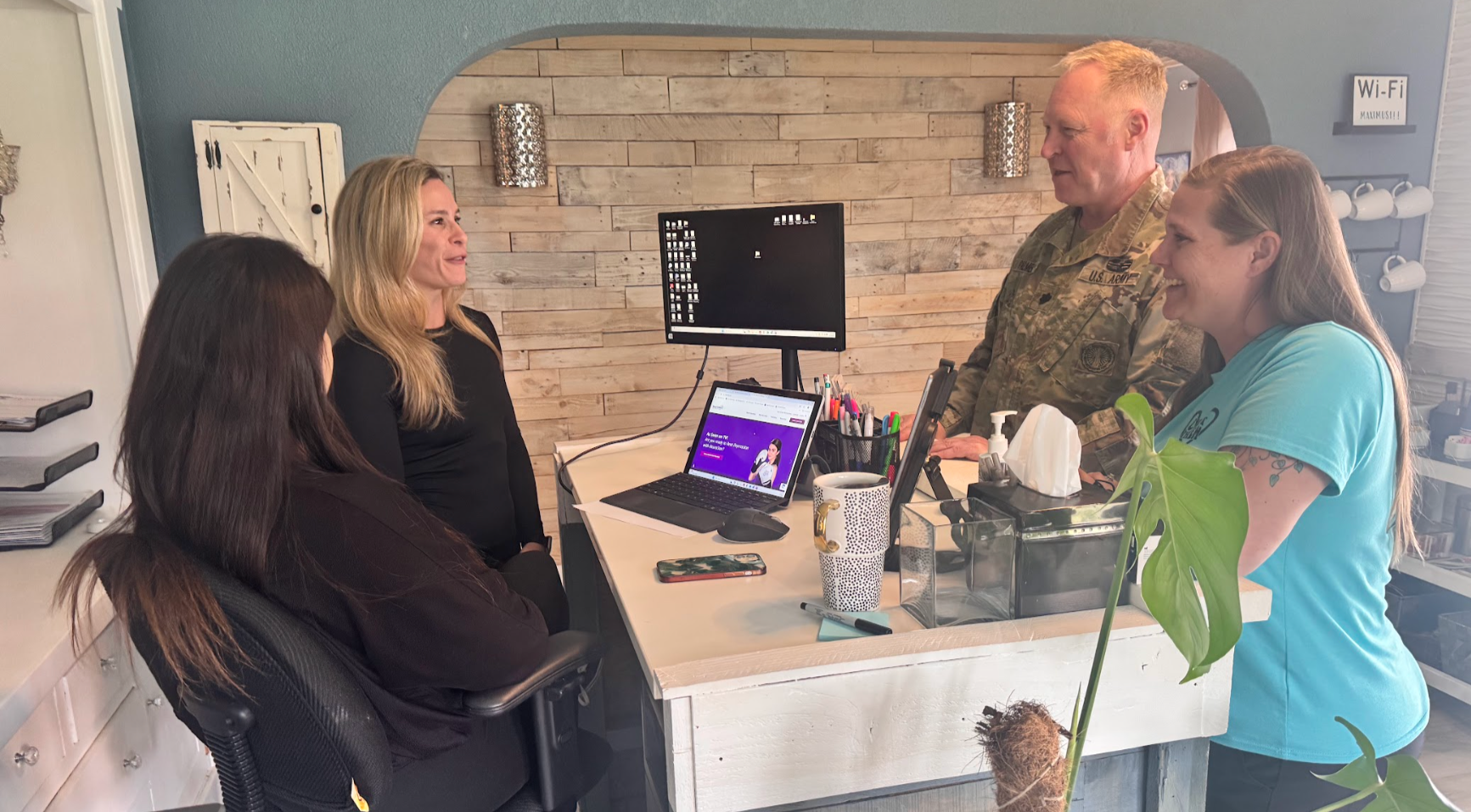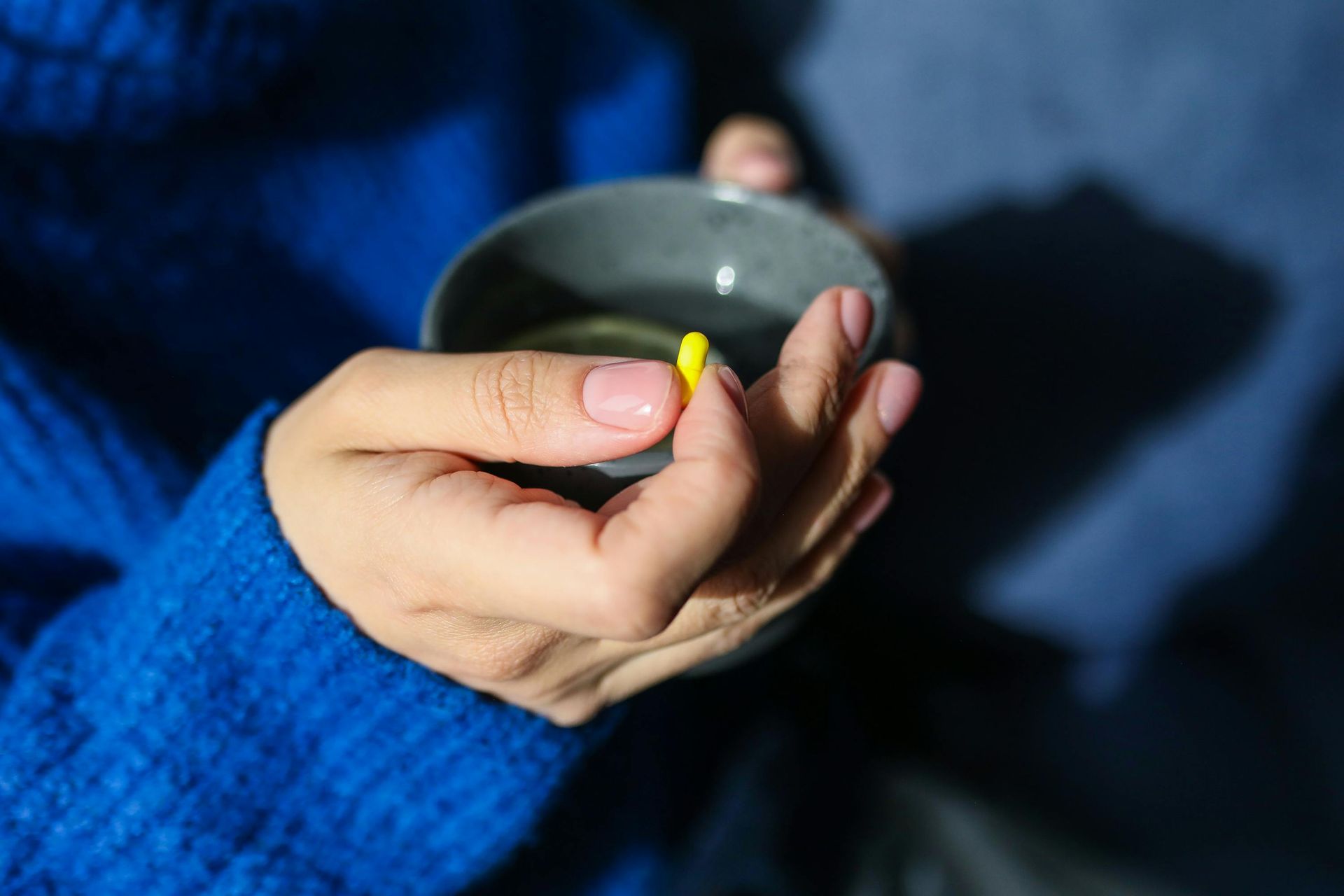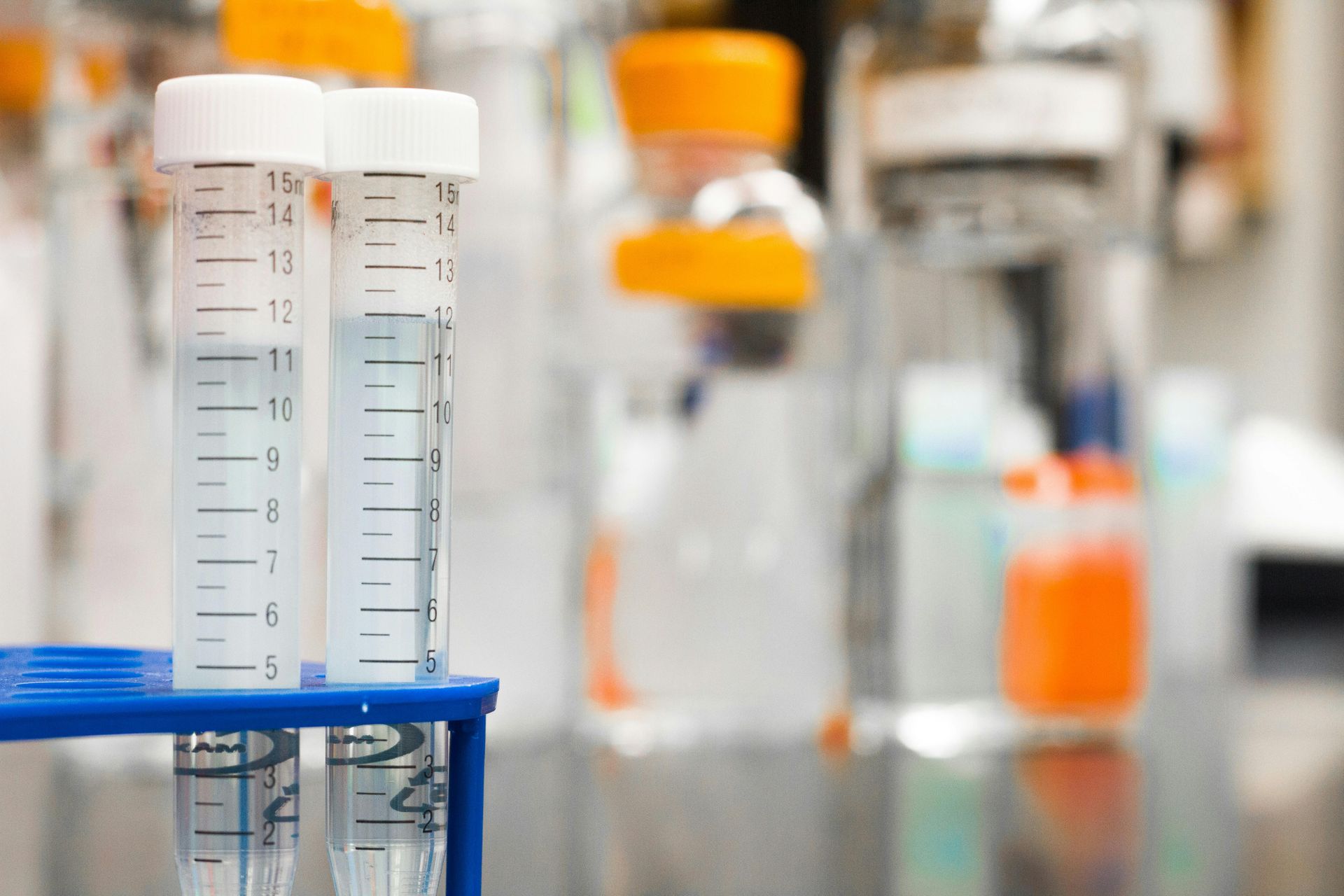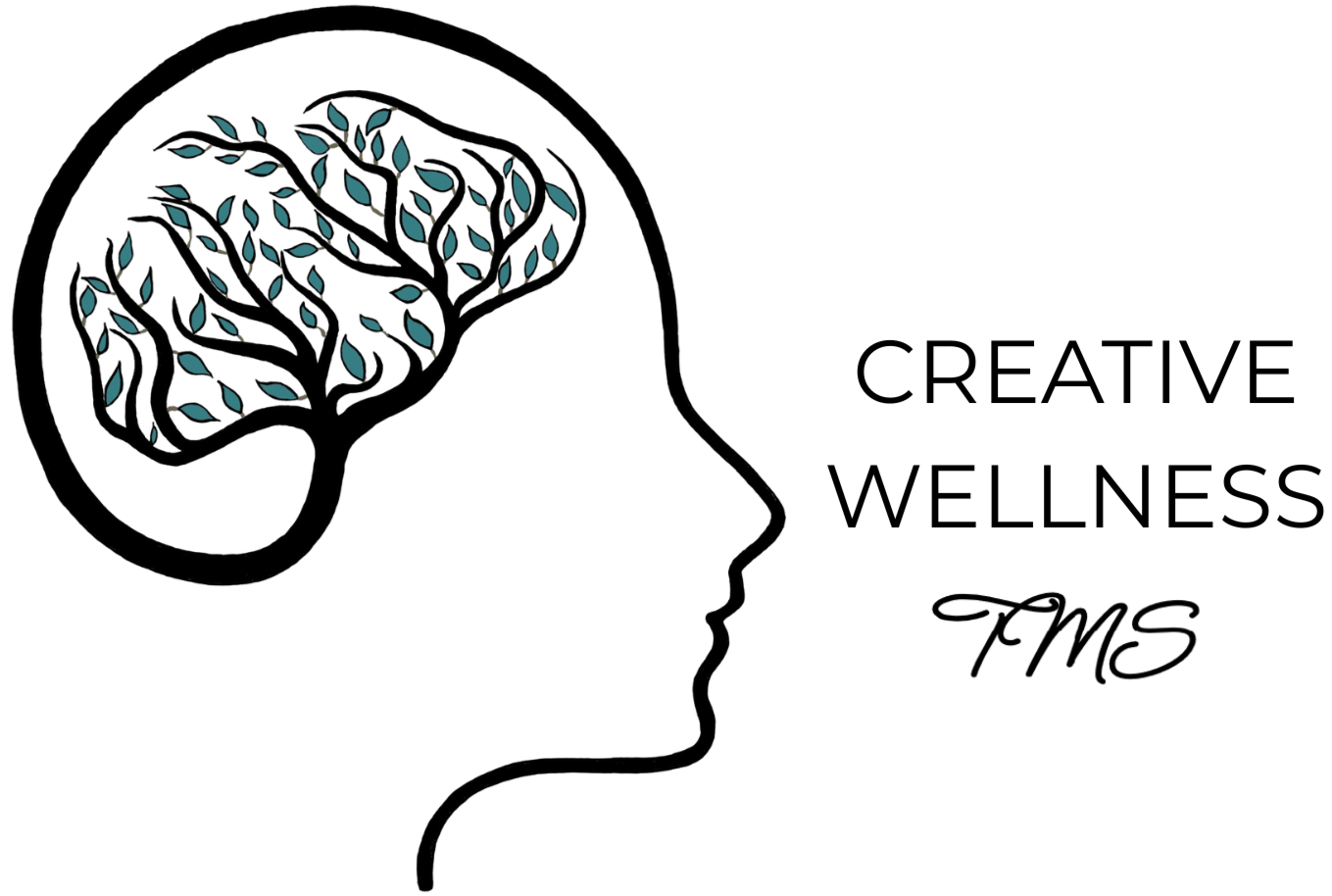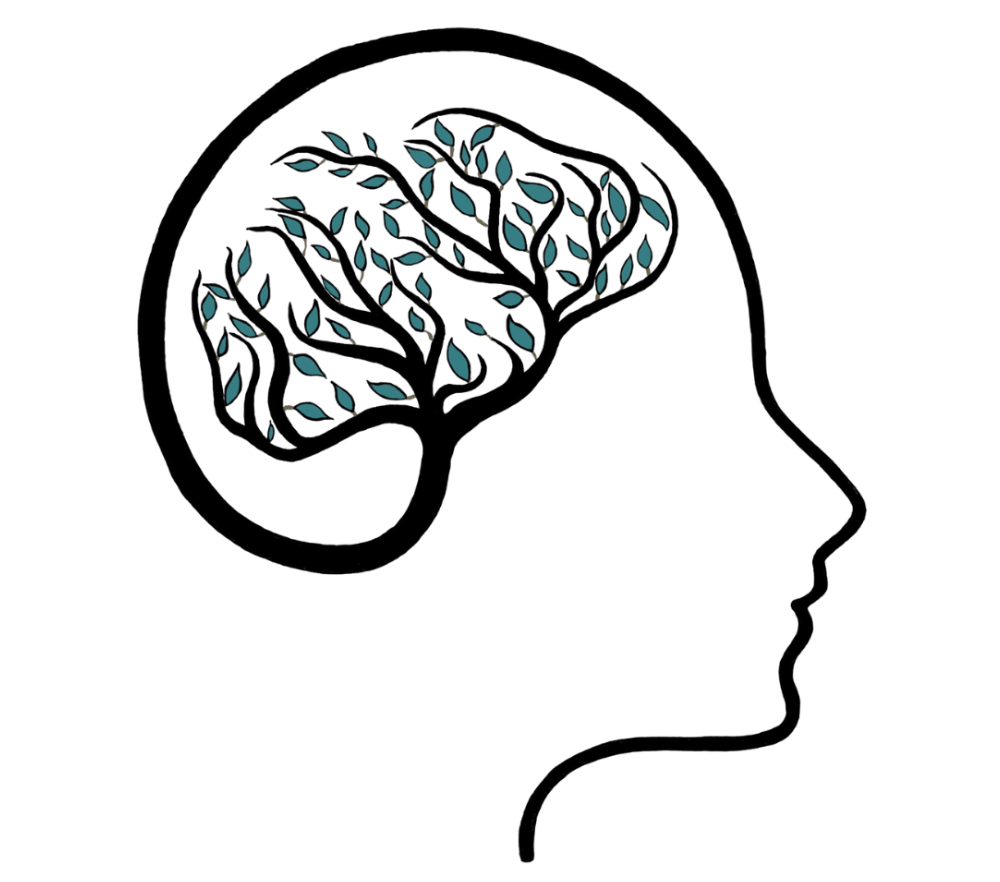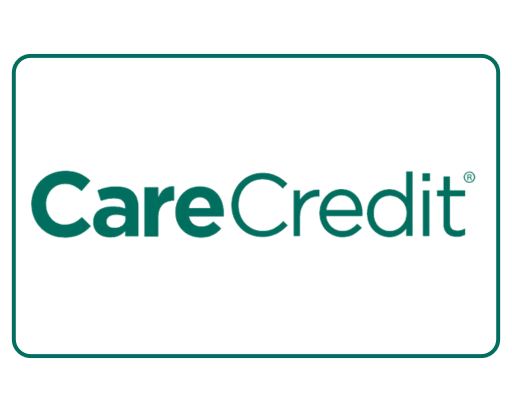TMS for OCD: What the Research Says
Understanding OCD and Its Challenges
Obsessive-Compulsive Disorder (OCD) affects millions of people in the U.S. each year. Characterized by intrusive thoughts (obsessions) and repetitive behaviors (compulsions), OCD can be exhausting and interfere with work, relationships, and daily life. While medications and therapy help many, a significant number of patients don’t achieve full relief - leading researchers to explore alternative treatments like Transcranial Magnetic Stimulation (TMS).
How TMS Works for OCD
TMS is a noninvasive, FDA-approved treatment that uses magnetic pulses to stimulate specific regions of the brain involved in mood and behavior regulation. For OCD, the focus is often on the anterior cingulate cortex and dorsomedial prefrontal cortex - areas associated with overactive neural pathways that drive obsessive-compulsive behavior. By modulating activity in these areas, TMS can help “reset” brain circuits and reduce OCD symptoms over time.
What the Research Shows
1. FDA Approval and Clinical Evidence
In 2018, the FDA cleared deep TMS (dTMS) for the treatment of OCD after multiple clinical trials demonstrated significant symptom reduction. In one major study published in The American Journal of Psychiatry, patients receiving dTMS experienced a 38% improvement in OCD symptoms compared to those receiving placebo treatments.
2. Real-World Results
Studies have shown that patients who combine TMS with cognitive-behavioral therapy (CBT) often see even greater improvements. Many experience meaningful relief after 4–6 weeks of treatment, with benefits continuing to build after completion.
Interested in learning more?
Schedule a consultation to see if TMS could be right for you.
Visit our
contact page or call 253-900-1605 to speak with our team.
3. Safety and Tolerability
TMS for OCD is well-tolerated, with few side effects - most commonly mild scalp discomfort or headache that fades quickly. No anesthesia or downtime is required, and patients can return to normal activities immediately after sessions.
Who May Benefit from TMS for OCD
- Individuals who haven’t responded fully to traditional medications or therapy.
- Those seeking a non-invasive, drug-free treatment option.
- Patients looking to complement ongoing therapy for enhanced results.
Who May Benefit from TMS for OCD
At Creative Wellness TMS, our team takes a personalized approach to each treatment plan. We’ll discuss your history, goals, and previous treatments before recommending a TMS protocol tailored to your needs.

